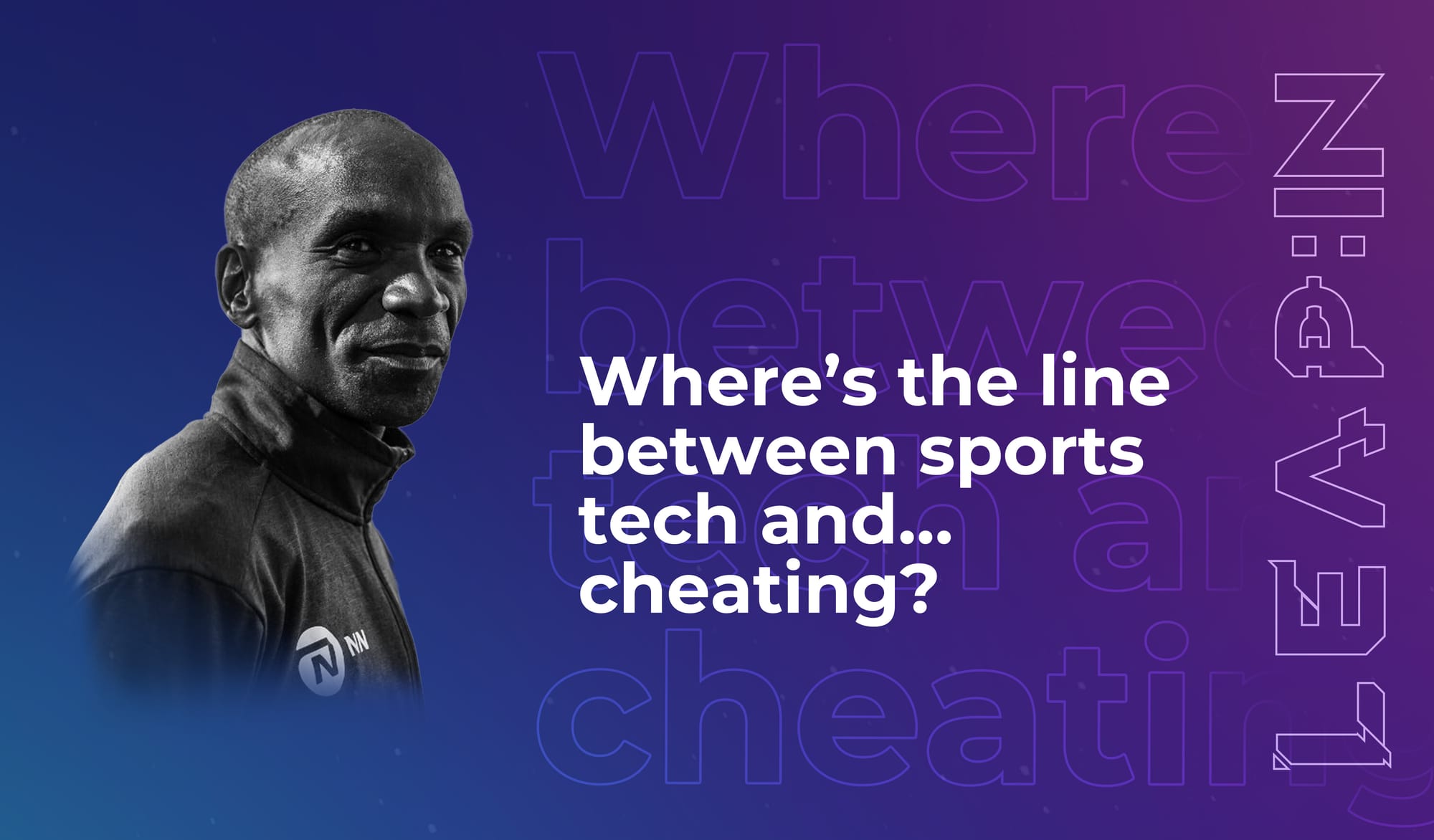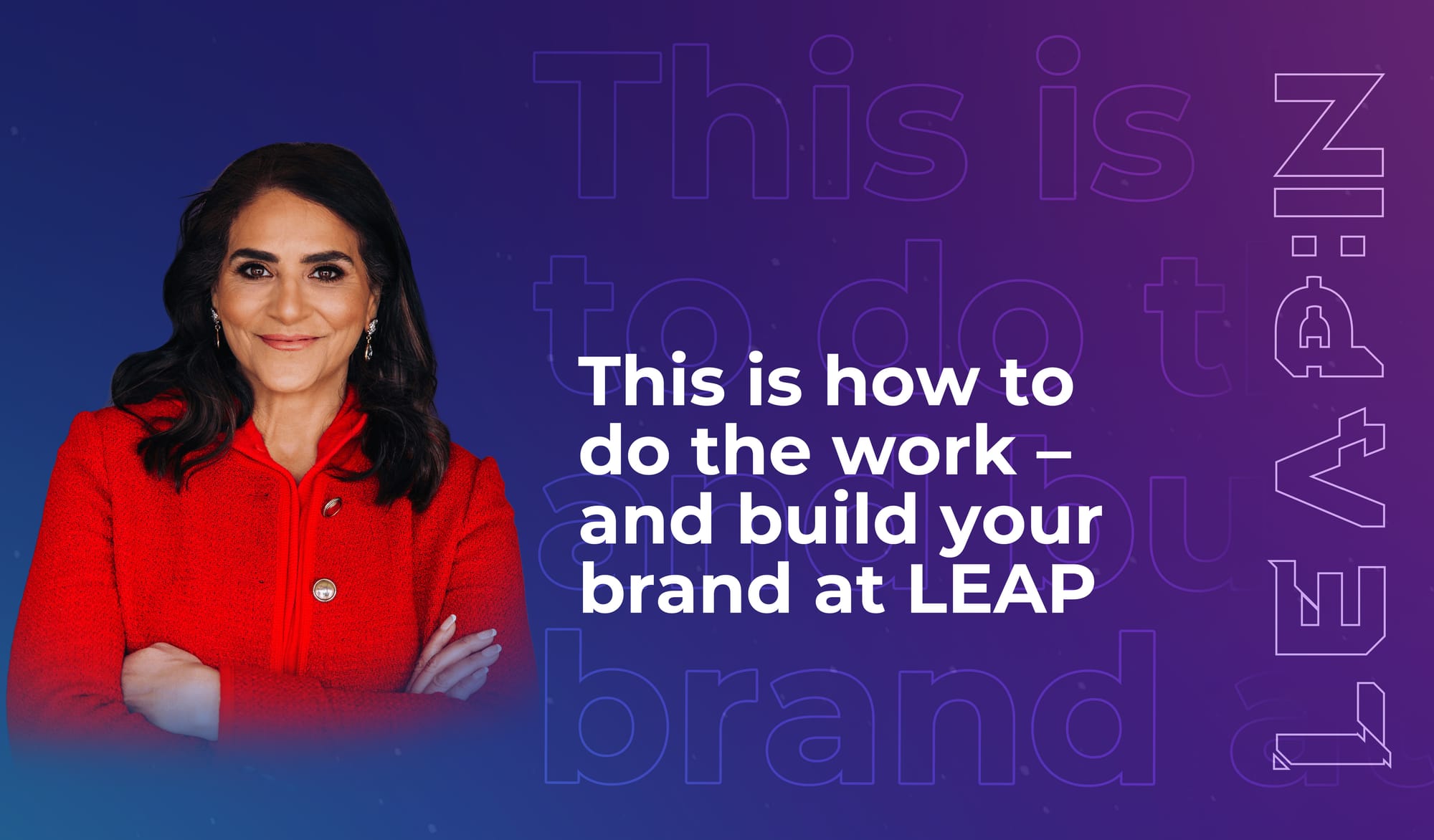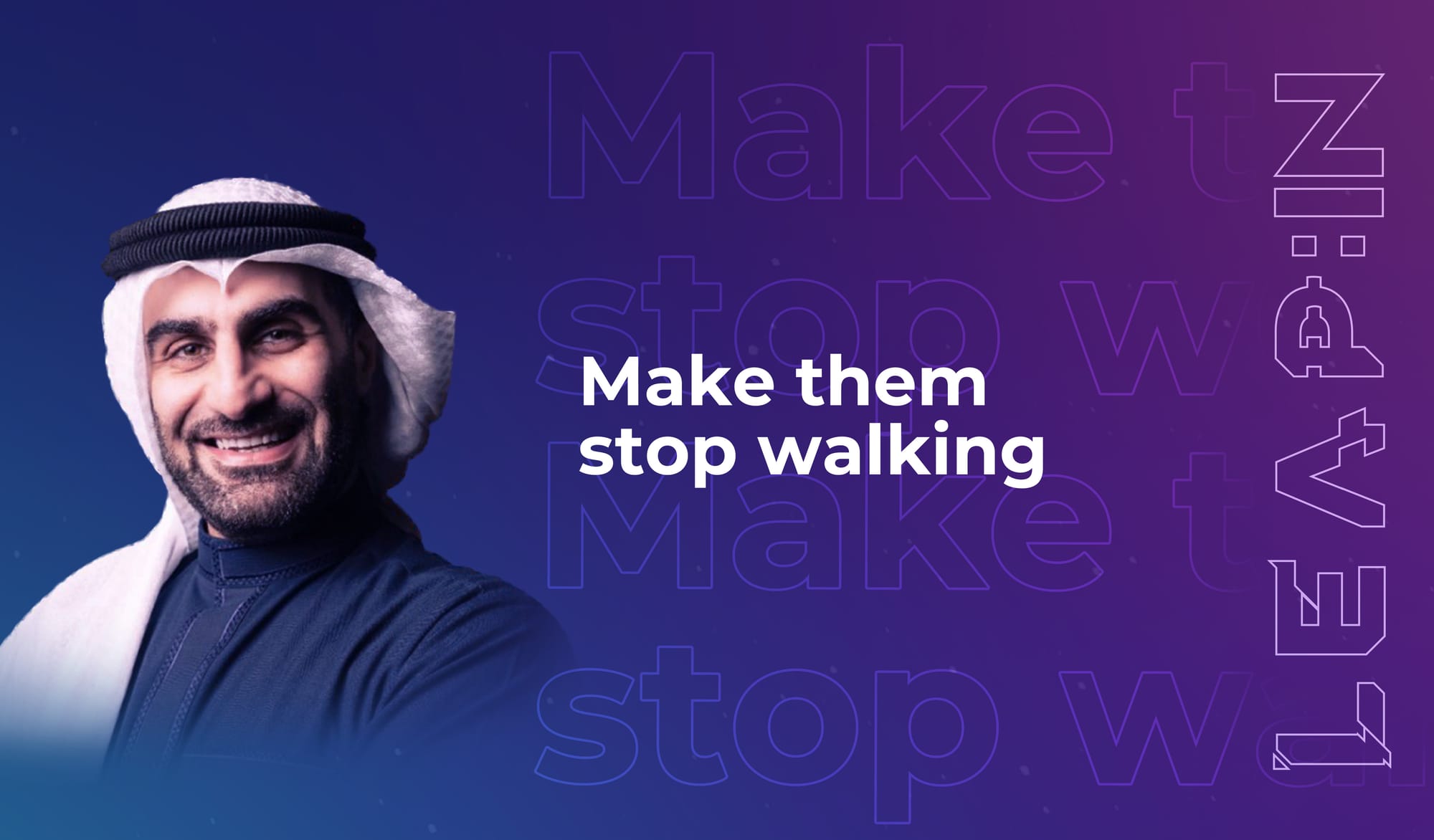

Are our smart cities wise enough?

Welcome to the 31 new techies who have joined us.
If you haven’t already, subscribe and join our community in receiving weekly tech insights, updates, and interviews with industry experts straight to your inbox.
Insights, inspiration and exclusive interviews from the global LEAP community – in your inbox every week.
This week we’re quoting…
Jorge Sebastiao (Co-Founder, Eco X, CBO Simba Storage)
What Sebastiao said:
“The smart cities that exist today have not really addressed all the problems, because they’re focused on optimising, rather than on servicing the citizen. What we are really trying to do is go beyond artificial intelligence…we’re trying to add the human element to artificial intelligence.”
He was speaking at LEAP
Sebastiao said this way back at LEAP 2022. Three years later, we still agree – and we wanted to find out what real people (not just experts) think about how smart city tech has changed their lives.
If you’ve been reading us for a while, you know we have a habit of turning to Reddit for everyday insights that cut through the jargon. So here’s the intel.
A cyclist says smart doesn’t mean wise
One comment from the subreddit r/bicycling struck a nerve with lots of people:
“The whole marketing hijack of 'smart' = technology is actually harmful…well thought out design[s] that increase livability…are smart.” (u/snowpilgram)
This user, speaking from the cyclist’s perspective, doesn’t deny the value of technology. But they challenge the idea that tech alone makes a city smart. In their eyes, the wisest cities are the ones that invest in safer bike lanes, smoother pedestrian flows, and quieter neighbourhoods.
It’s the design choices – even low-tech ones – that make or break urban life.
Smart data but the same old problems?
Elsewhere in the r/smartcities community, other users echoed similar doubts. One urban planning student put it like this:
“Smart is simply about making decisions based on big data…A big pro is that planners and policy makers can make decisions that are justified. A con is privacy.” (u/ikjoost2)
In other words, yes – having data about bin collections or traffic patterns is useful. But if city leaders aren’t actively doing anything differently with that information, or if they’re using it without community consent, the tech becomes more alienating than empowering.
Some smart city initiatives still focus on efficiency over empathy. And that’s where the wisdom gets lost.
Put design first and tech second
Reading between the lines, what Reddit users are really calling for is a return to basics: good urban design that prioritises people. The kind of design that listens before it builds. The kind that embraces small interventions before rolling out the flashy, newsworthy stuff.
One user put it well in a discussion about Toronto’s Sidewalk Labs project (since shelved):
“You can't sprinkle some AI on a bad idea and call it progress.”
That’s what Sebastiao was getting at – going beyond AI to add the human element.
Because a wise city would use tech sparingly, transparently, and always in service of the public. It would put trust before tracking, and engagement before automation.
Smart cities are doing incredible things, and genuinely improving the lives of the people who live in them. But as Reddit’s most thoughtful commenters remind us, real urban intelligence isn’t found in fibre-optic cables or AI algorithms. It’s in the small, thoughtful choices that make a city more enjoyable and fair.
What’s your favourite smart city?
We know you, brilliant LEAP community, do a lot of travelling. So we want to know – what’s the smartest city you’ve visited over the last year, and what did you love about it?
Have an idea for a topic you'd like us to cover? We're eager to hear it. Drop us a message and share your thoughts.
Catch you next week,
The LEAP Team





